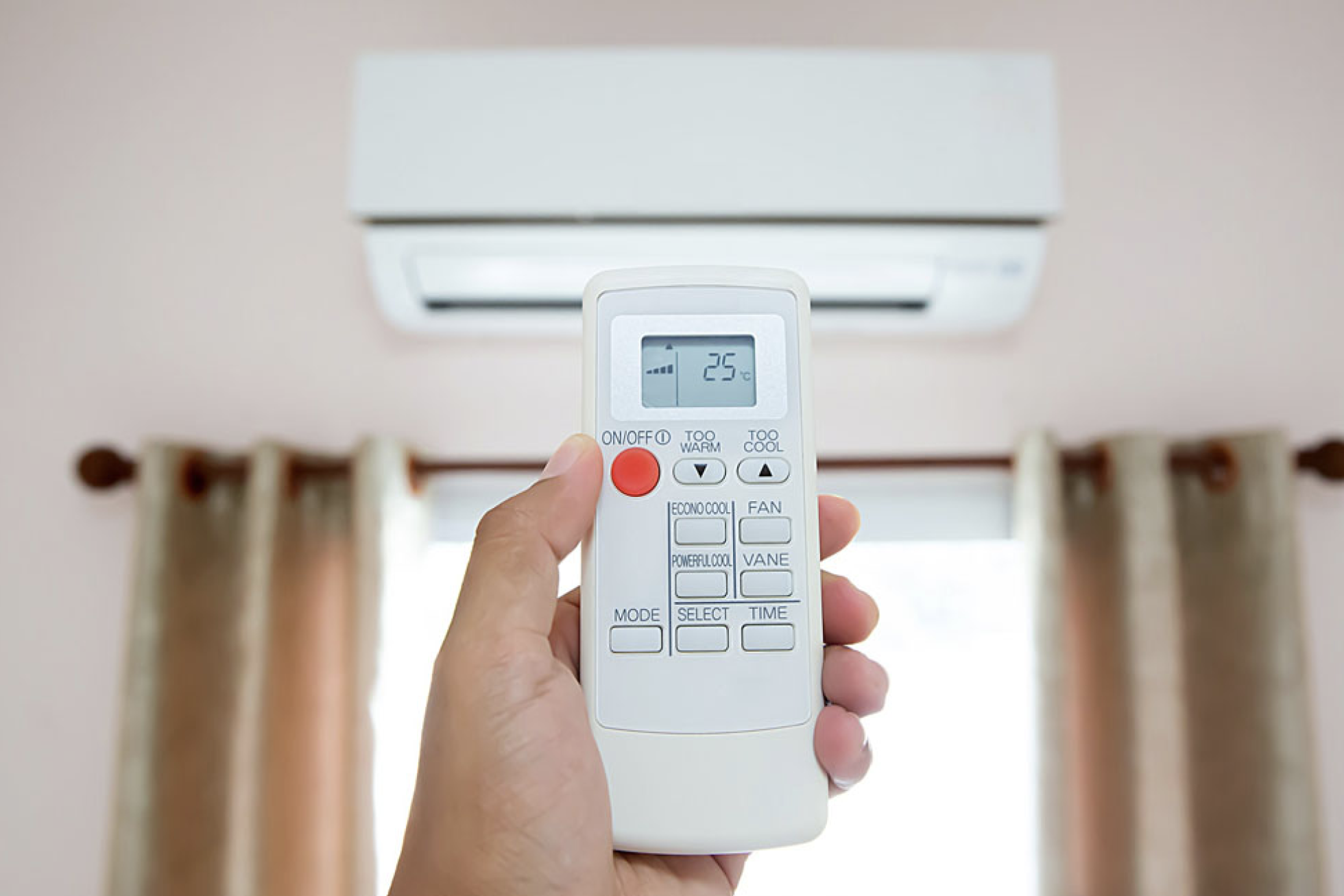Community & Business
24 September, 2023
Ways to cut costs around the home this summer
SUMMER is coming – and by all accounts, it will be a hot and dry one, so it’s the perfect time to consider how you can save money at home during the warm months to come.

One of the key areas to look at is your home energy usage and how you can cut this down in the hot months where air-conditioning is critical and pretty much used every day.
Firstly, insulation can really make a difference – both for summer heat and for the cold of winter.
In-wall or in-roof insulation can lessen heat by up to 35 per cent but it also helps to shut doors in the house and concentrate cooling in one room, usually the living room.
Closing the blinds or curtains can also keep heat at bay and planting trees that will partially shade your home is also helpful.
Homeowners can also consider adding roof cavity ventilation such as “whirly-birds” to remove some of the hot air that gets trapped in your roof area.
Using a timer on your air conditioner can also be a cost-saving because you can activate the unit only during those periods when opening windows and trapping cool air doesn’t help.
For better efficiency from your air conditioner, set your air conditioner to no more than 24 degrees celsius. Each degree cooler can add about 10 per cent to your air conditioner's running cost.
Cleaning your air conditioner at least twice during summer is also vital to keep costs down and efficiency at its maximum. An air conditioner clogged with dust and grime can take up to 15 per cent more energy to power the unit.
Ceiling fans can also assist to circulate air even though they don’t lower the room temperature. Pedestal fans are the least effective option but are very cheap to run, costing about $30 to run a fan for an entire summer.
To cut down the heat in your home, use your oven as little as possible during summer. Not only does your oven use a lot of energy to heat up, it makes your house hotter, which means the air conditioner has to work harder.
Try using other cooking devices that don’t generate external heat when you can – microwaves, a toaster oven or an air fryer. Of course, the outside barbecue is an even better choice.
If you really want to make a difference and have some money to spend, putting in double glazed windows can make a big difference, and if your house is painted a dark colour, consider re-painting it in a lighter tone.
There are heaps of other ways you can save a few dollars this summer.
• Check the temperature on your hot water system. In summer, you can adjust it so it’s not as hot as you would need in winter, .
• Don't buy bottled water because it gets expensive fast. Settle for a water filter pitcher so you can use tap water.
• Run full loads of laundry. Pack your washer to capacity, because you're going to use the same amount of water either way.
• Wash with cold water. Unless you have serious stains or odours you're trying to remove, most clothes can wash in the cold cycle without issue.
• Hang-dry your clothes on the outside clothes line or inside a garage or in the laundry itself. Clothes dryers really eat up energy and because we know while we’re at work, it will probably rain, hang them in a closed room (to shut out the humidity) and just leave the ceiling fan on.
• Open your windows when you can to let natural airflow do its thing.
• Turn off the lights you’re not using. This not only saves energy but also means those pesky insects that come in swarms in summer (moths and the like) will not be attracted inside.
• Turn off appliances when you’re not using them. Household appliances that use the most standby power include the clothes dryer, air-con and microwave.


